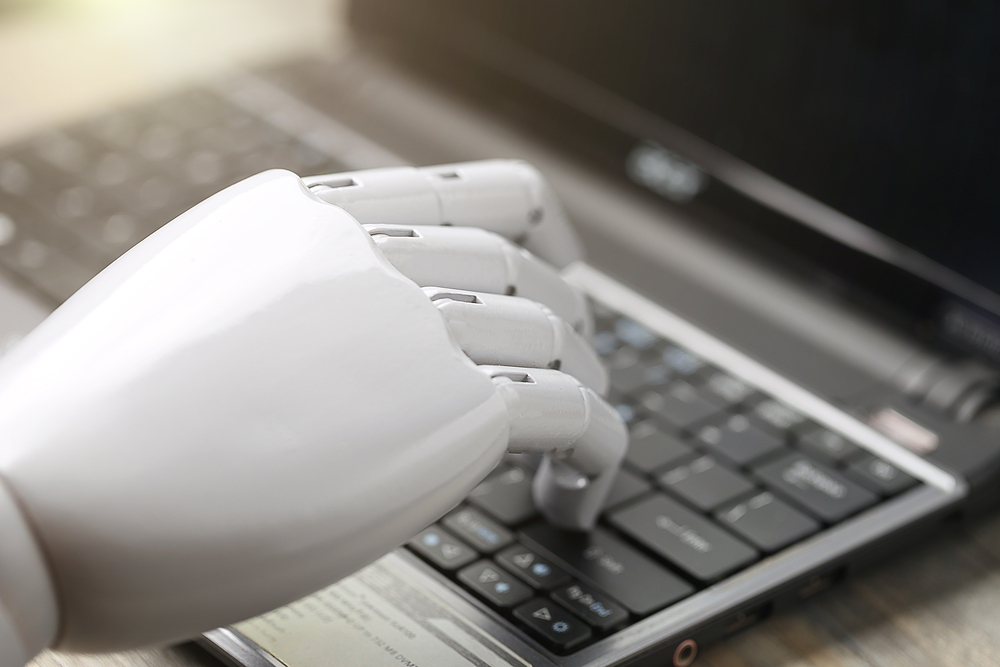Advancements in AI, Big Data, the Internet of Things and automation have many industries worried that these systems will push them out, absorb their work, make humans redundant, or accelerate the speed of business too fast for them to adapt. From formal models of legal reasoning to automated information extraction from legal databases and texts, the interaction of artificial intelligence and law will disrupt the contemporary status of legal practice.
With the latest ‘wonder automation’ in the form of JP Morgan’s COIN, building upon the adoption of AI systems by firms such as Clifford Chance, and development projects like Denton’s NextLaw Labs leading the way, are lawyers set to be replaced? The answer is yes. AI will spell the end of lawyers.
However, the age of automation and digitisation gives birth to an even more beautiful legal specialist: the cyber-lawyer – an augmented specialist, combining the processing power of AI with powerful searches of legal indexes in mere seconds through Big Data, produced through a human interface.
When artificial intelligence was first imagined in a form remotely resembling the systems available today, it was sold as the ‘end of lawyers’, yet law firms have readily adopted AI systems. Thus, whilst, lawyers have been described as “the canaries in the coal mine in the face of a wave of automation,” the reality is that legal industry is ripe for automation – and automation that will only improve legal services, too.
The Power of AI
According to research by McKinsey, “almost every occupation has partial automation potential, as a proportion of its activities could be automated,”. Approximately $15trn in wages could be absorbed by robotic counterparts due to the fact that about half of all the activities people are paid to do in the world’s workforce “could potentially be automated by adapting currently demonstrated technologies.” Yet the study also found that less than 5 percent of jobs can be completely automated based on existing technologies within the next three to five years.
Furthermore, in a recent survey, Forrester Research, which surveyed 612 business and technology professionals, found that while 58%of the respondents said their organisations are researching AI, only 12% said they use AI systems at work. As a result, one can see the demonstrable gap between the interest in AI in 2016 and its actual adoption rate. This proves that it is still a long way from full integration.
It is safe to assume, though, that with giants like Facebook and Apple consistently investing in advancing AI – as well as large banks like JP Morgan driving financial technology ahead – the speed of AI advancement will rise. Law firms will become more technological, not less so. And it will serve them well to stay at the cutting-edge of tech, as Pentaho CEO Quentin Gallivan expounds: “the early adopters of AI and machine learning in analytics will gain a huge first-mover advantage in the digitalization of business.”
Redefining What it Means to Be a Lawyer
In recent years, there have been increasing accounts of ‘nearshoring’, from Allen & Overy to Herbert Smith Freehills, using nearshored offices to handle work at lower prices for clients. This has also led to a compartmentalisation of work, such that legal work can be separated into routine tasks and bespoke legal work. The former requires a large amount of data processing whilst the latter requires a large amount of executive judgement. AI eat away at routine work, such as research.
Read the full article at the TheMarketMogul.com.

